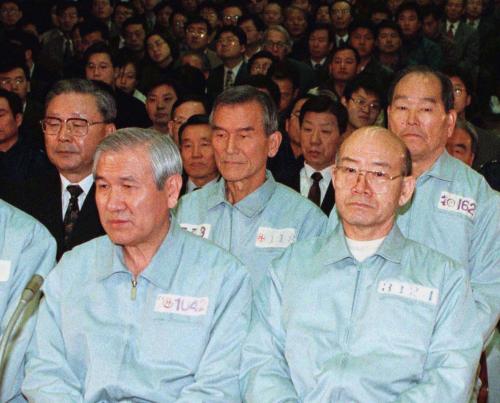

9:00 am EST - 6:30 pm EST
Past Event
9:00 am - 6:30 pm EST
1775 Massachusetts Avenue NW
Washington, DC
20036
The U.S.-ROK alliance is founded on the shared experiences of the Korean War and hopes for stability and peace on the peninsula. This history has a profound effect on the contemporary structure and public perception of the alliance. For example, in addition to strategic and technical factors, different interpretations of alliance history and visions of cooperation affect the issue of wartime operational control. At the same time, policy decisions and the handling of unforeseen events can affect the interpretation and politicization of historical issues. Understanding the nexus between history and policy is important to improving the policy process, and a lack of understanding of how the policy process works in different organizational settings and political contexts can misinform scholarship and public awareness.
On November 17, the Center for East Asia Policy Studies at Brookings hosted a conference discussing the relationship between history and U.S. policy toward Korea. The event featured a series of roundtable discussions among historians and policy practitioners representing a wide range of expertise and institutional knowledge. These “comparative conversations” provided analysis of other country cases of political division and reconciliation. Historical analysis of different regional powers’ approaches to peninsular reunification and a comparative exploration of U.S. approaches on human rights toward both Koreas and other countries concluded the conference.
Related Content

Katharine H.S. Moon, Paul Park
November 14, 2014
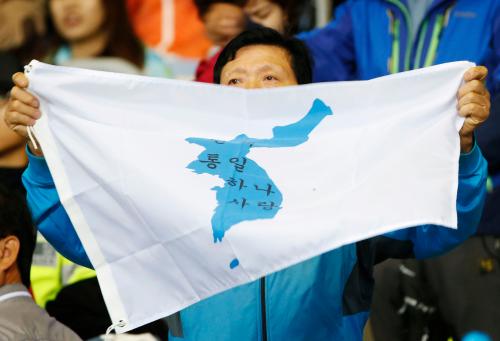
Katharine H.S. Moon, Paul Park
October 15, 2014
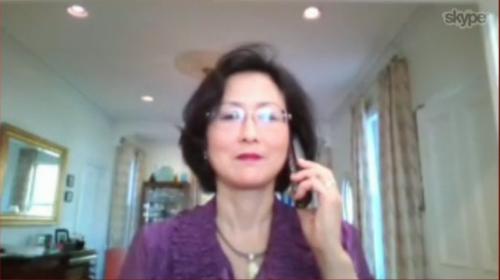
Katharine H.S. Moon
November 10, 2014
9:00 am



12:25 pm
1:50 pm


5:45 pm

8:30 am



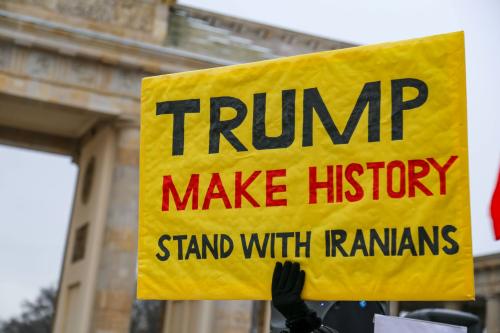
Suzanne Maloney
January 13, 2026
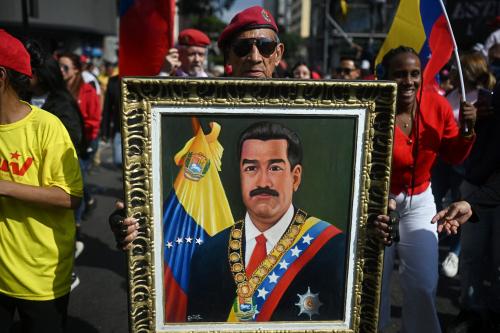
Vanda Felbab-Brown
January 6, 2026
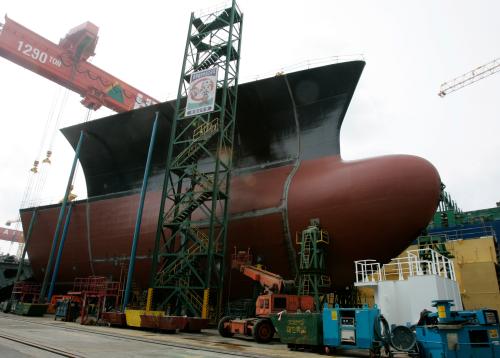
Andrew Yeo
December 1, 2025